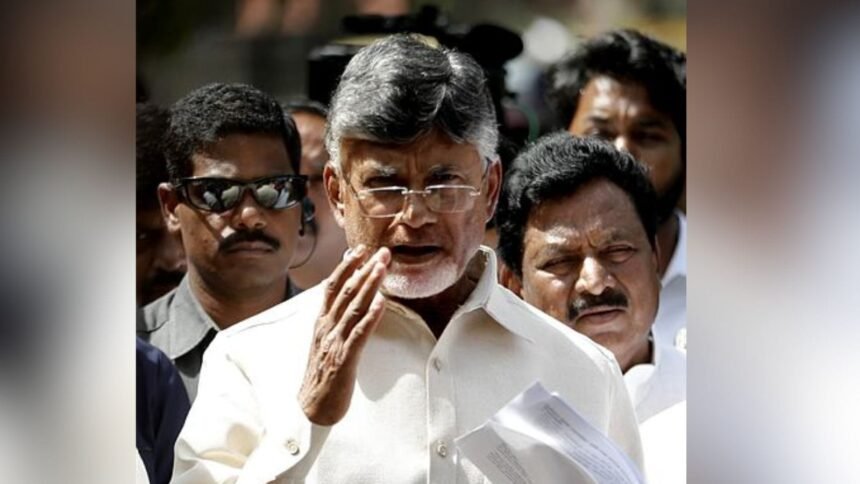Amid a nationwide urea crisis, Andhra Pradesh Chief Minister N. Chandrababu Naidu said Tuesday there was enough fertilizer supply for the upcoming kharif season. This comes as the rival YSR Congress Party announced a statewide agitation against the urea shortage from September 6.
According to sources, the Naidu-led government is unhappy with the central government’s response to the shortage. Naidu’s Telugu Desam Party is part of the National Democratic Alliance government at the Centre.
In a message to farmers unions Tuesday, Naidu urged them to reduce their reliance on fertilisers and pesticides and promised incentives to those who did. He also added that there were enough urea stocks.
An increase in planting on account of a good monsoon has driven up fertilizer demand across India. However, a supply shortfall due to lower domestic production and imports has meant long queues outside fertilizer outlets.
The chief minister asked the officials to record the usage of urea through an integrated fertiliser management system. “At the same time, I’m directing the officials to act tough on those who are resorting to black-marketing of fertilisers,” Naidu said, asking officials to initiate measures to protect the interests of horticulture farmers by providing minimum support price for their produce.
However, YSRCP State Coordinator Sajjala Ramakrishna Reddy said farmers are suffering “due to acute shortages of urea and seeds”. “On September 6, YSRCP elected representatives and leaders will submit representations to Revenue Development Officers (RDOs) at the revenue division level, demanding urgent relief for farmers,” he said.
While the TDP coalition government claims that supplies have reached, “most of the stock is being diverted by ruling party leaders to their supporters, forcing other farmers onto the streets”, Reddy said.
Story continues below this ad
According to officials, about 2.02 lakh metric tonnes of urea was supplied to the state — 91,000 metric tonnes more than last year. Likewise, the state received 51,700 metric tonnes of DAP (Di-Ammonium Phosphate) and 2.72 lakh metric tonnes of complex fertilisers.







